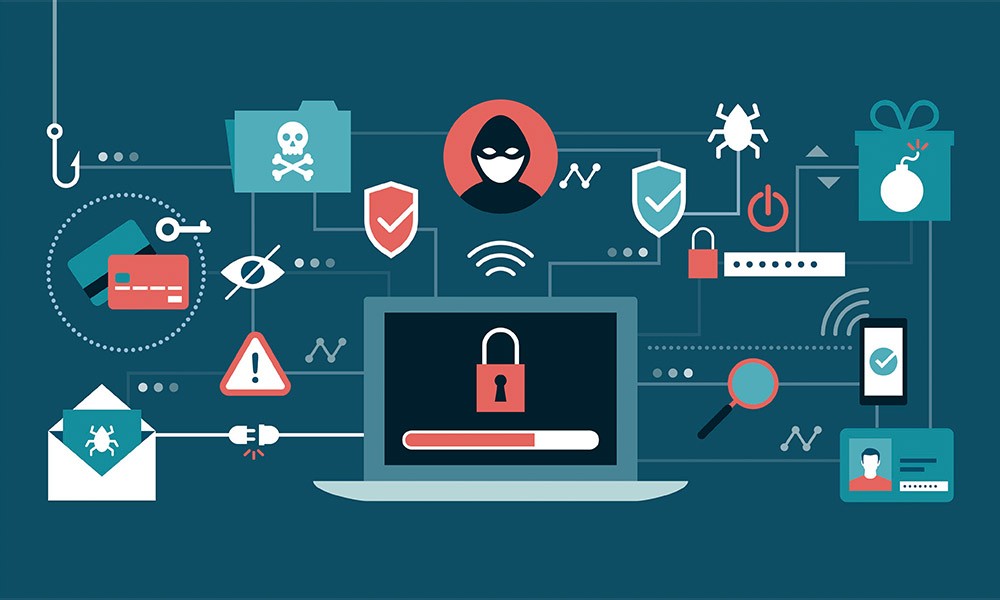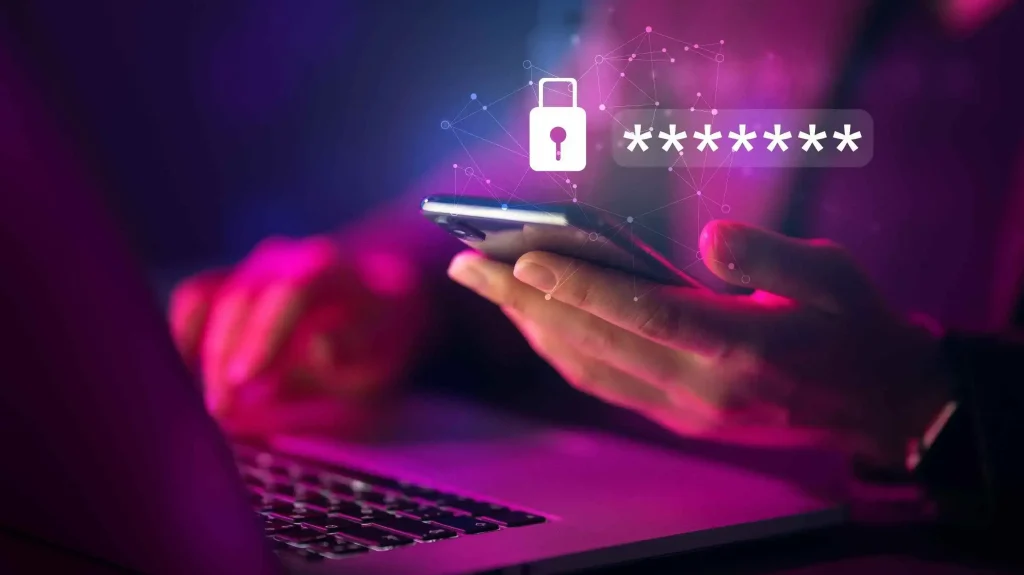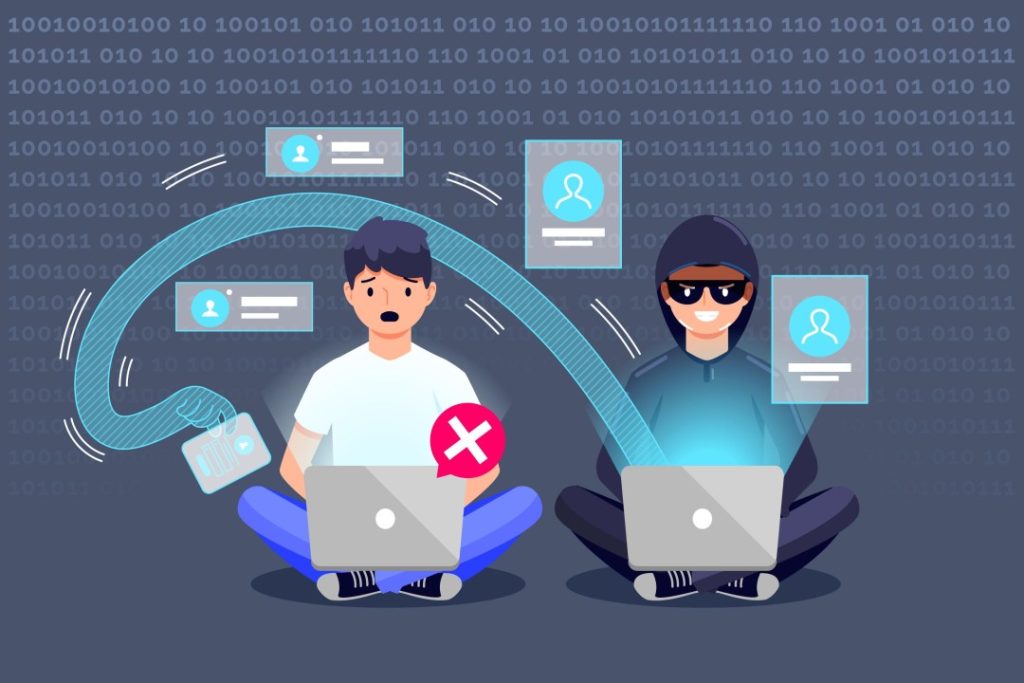Cybersecurity tips for beginners

In today’s digital age, our lives are increasingly connected to the internet. From online banking to social media, cloud storage, and shopping, we leave a digital footprint every time we go online. While the internet offers incredible convenience, it also exposes us to potential cyber threats such as hacking, identity theft, and phishing scams. For beginners, the world of cybersecurity may seem complex, but adopting some basic practices can significantly reduce risks. Here’s a comprehensive guide to help you stay safe online.
1. Use Strong and Unique Passwords

One of the simplest yet most important cybersecurity practices is using strong, unique passwords for each of your accounts. Avoid obvious choices like “123456” or “password.” Instead, combine uppercase and lowercase letters, numbers, and symbols.
To manage multiple passwords safely, consider using a password manager like LastPass, 1Password, or Bitwarden. These tools securely store your passwords and even generate strong ones automatically, so you don’t have to remember dozens of complex strings.
2. Enable Two-Factor Authentication (2FA)
Two-factor authentication adds an extra layer of security to your accounts. Even if someone steals your password, they won’t be able to access your account without the second factor, usually a temporary code sent to your phone or email. Popular platforms like Google, Facebook, and banking apps offer 2FA. Enabling it is one of the easiest ways to protect your accounts from unauthorized access.
3. Keep Your Software Updated
Hackers often exploit security vulnerabilities in outdated software. Whether it’s your operating system, browser, or apps, installing updates promptly is crucial. Many updates include security patches that protect against newly discovered threats. Enabling automatic updates ensures you don’t miss critical security fixes.
4. Be Wary of Phishing Scams

Phishing is a type of cyberattack where attackers trick you into revealing sensitive information like passwords or credit card numbers. These attacks often come via email, text messages, or even social media. Look out for red flags such as:
- Unexpected messages from unknown senders
- Emails with poor grammar or urgent language
- Links that don’t match the official website
Never click on suspicious links or download attachments from unknown sources. When in doubt, verify the sender directly.
5. Secure Your Wi-Fi Network
Your home Wi-Fi network is the gateway to your online life. Using default passwords and leaving networks open can make you an easy target. Change your Wi-Fi password to something strong and unique, and use WPA3 encryption if your router supports it. Additionally, avoid using public Wi-Fi for sensitive activities like banking unless you use a VPN (Virtual Private Network).
6. Backup Your Data Regularly
Even with the best precautions, cyber threats can happen. Ransomware, accidental deletion, or hardware failure can result in data loss. Regular backups, whether on an external hard drive or a secure cloud service, ensure that you can recover important files if something goes wrong.
7. Be Careful What You Share Online

Social media is a goldmine for hackers seeking personal information. Avoid oversharing details like your full address, birthday, or vacation plans. The more information you post publicly, the easier it is for someone to steal your identity or compromise your accounts. Review privacy settings on platforms like Facebook, Instagram, and LinkedIn to limit who can see your posts.
8. Install Antivirus and Anti-Malware Software
Good antivirus and anti-malware software provide real-time protection against threats. While no software can guarantee 100% security, reputable programs can detect and remove viruses, spyware, and other malicious software before they cause serious damage. Some trusted options include Bitdefender, Norton, and Kaspersky.
9. Use Secure Websites for Transactions
When shopping or banking online, always check for HTTPS in the website address. The “S” stands for secure, meaning data sent between your browser and the website is encrypted. Avoid making transactions on websites that lack this security feature or appear suspicious.
10. Educate Yourself Continuously
Cybersecurity is constantly evolving. New threats emerge every day, and staying informed is one of the best defenses. Follow reputable tech blogs, government cybersecurity pages, or online courses to stay up-to-date with best practices. The more you know, the better equipped you are to avoid potential threats.
Conclusion
Cybersecurity doesn’t have to be intimidating. By following these beginner-friendly tips—using strong passwords, enabling two-factor authentication, keeping software updated, and being cautious online—you can significantly reduce your risk of cyber threats. The key is to be proactive, stay informed, and treat your online presence with the same care as your physical security. Remember, small steps today can prevent major headaches tomorrow. Start practicing these habits now, and you’ll enjoy a safer, more secure online experience.

